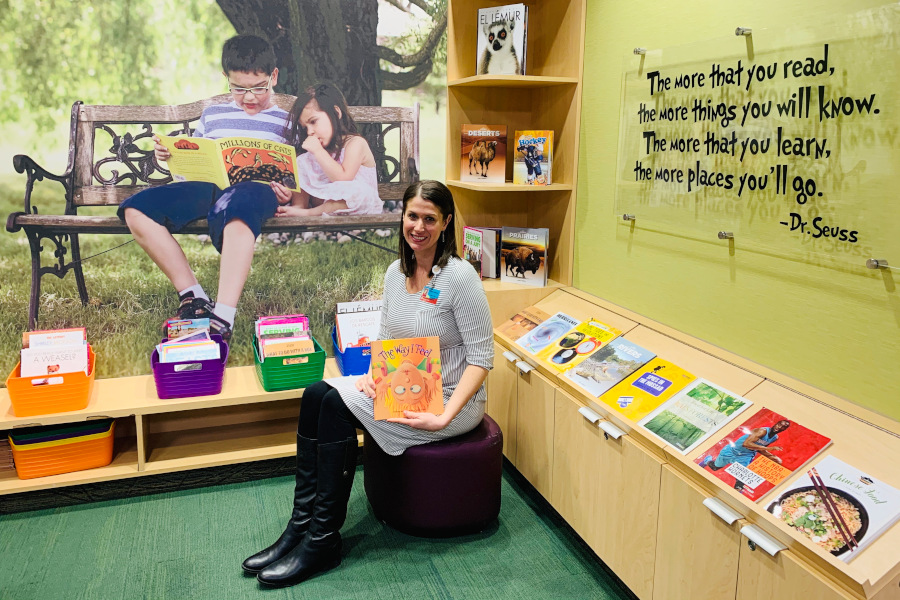Anxiety is Real for Children and Teens. Know the Signs.
February 17, 2020
By : Crystal Dubbelde, MSW, LICSW

Children and teenagers experience many new things – school, sports, sleepovers, birthday parties. Sometimes these experiences cause anxiety. A kindergartner may wrap himself around his mom’s leg at school drop off while a teenager may retreat to her room.
Some anxiety is normal, but an anxiety disorder is more severe, lasts longer and interferes with school work, sports, activities and relationships. Physical symptoms include a pounding heart, rapid breathing, sweating, tense muscles, nausea and dry mouth. Emotional symptoms include intense worry and fear about what might happen. Separation anxiety and social anxiety are very common.
Anxiety disorders among teens is rising. According to the National Institutes of Health, nearly 1 in 3 adolescents ages 13 to 18 will experience an anxiety disorder.
Anxiety disorders are highly treatable. As we reduce the stigma of mental illness, more parents are seeking help for their children. Once identified, there are many ways to help children and teens cope with anxiety. The first step is knowing the signs.
Signs of Anxiety in Children
- Becomes emotional or angry when separating from a parent or caregiver
- Startles easily
- Cries or has tantrums
- Sleeps poorly
- Frequent headaches or stomachaches
- Appetite changes
- Asks “what if?” constantly
- Says “I can’t do it!” without a real reason
- Refuses to go to school or activities
Signs of Anxiety in Teens
- Recurring fears and worries about everyday life
- Changes in behavior, irritability
- Avoiding activities, school or social interactions
- Dropping grades or missing school
- Trouble sleeping or concentrating
- Substance use or other risky behaviors
- Chronic physical complaints such as fatigue, headaches or stomachaches
What Can Parents Do?
Parents can help children manage anxiety by paying attention to their feelings. When children become anxious, stay calm. You may need to be flexible while still maintaining a normal routine. You might plan a little extra time in the morning if going to school is difficult. Try practicing being in the moment and find what relaxes them such as baths, reading, walks, yoga, breathing or music.
If you think your child is struggling with anxiety, talk to your primary care provider. At Mankato Clinic, we offer behavioral health services in Family Medicine and Pediatrics.
As a licensed independent clinical social worker, I am part of the Mankato Clinic Children’s Health Center team. I work closely with our pediatric providers to help children and adolescents address anxiety and behavioral health. Upon the recommendation of a pediatric provider, I reach out to children and families, develop a solution and meet with them 1-3 times. When we catch anxiety disorders early, we can help kids get back on track sooner.
Take a class
Mankato Clinic offers Youth Mental Health First Aid for parents and adults who interact with adolescents. This 8-hour course helps adults identivy and repsond to signs of mental health issues in teens.